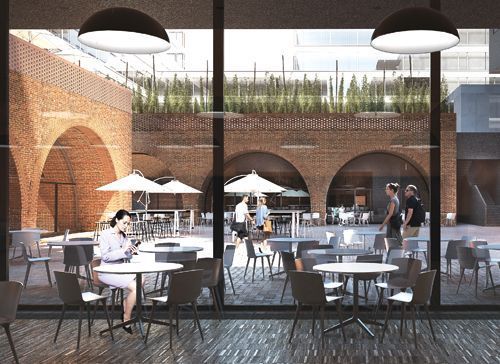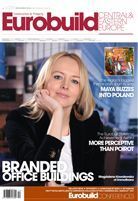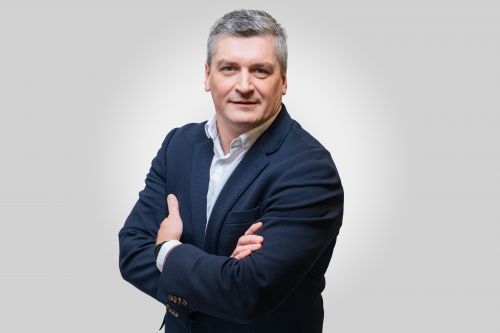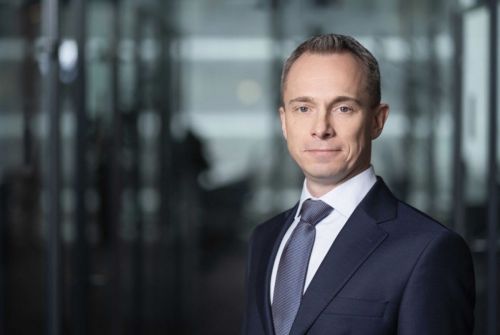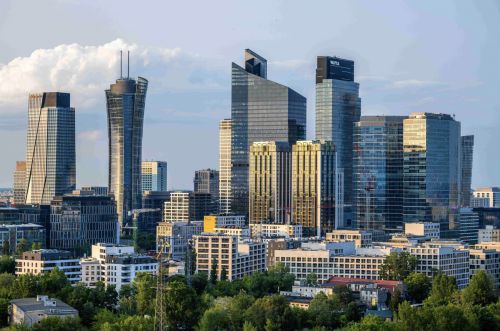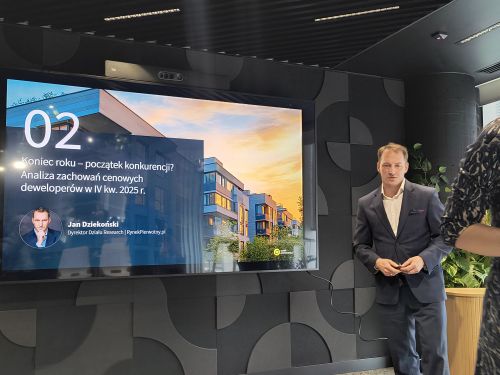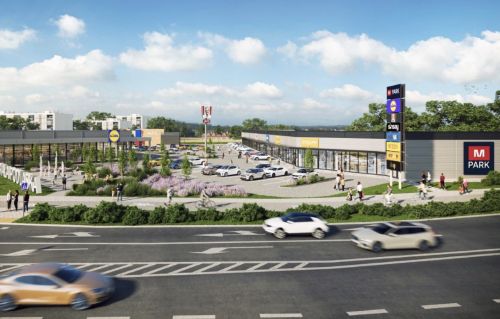How should an office building be designed to meet tenants’ needs – and not only their current needs but those that could emerge in the next few years? This is a question that needs to be addressed by developers in the very first few days of work on their projects. The requirements stem from the shifting expectations of office employees and their increased mobility. There has recently been much talk about the Millennials (generation Y) and their expectations when it comes to working conditions. But to tailor a project well, you now need to factor in the so-called Z generation, which will start entering the market in around 5–10 years. Unsurprisingly, tenants are keen to keep their employees in any way possible – and this is putting pressure on developers, who as well as the office space itself are having to plan their buildings and the areas around them much more comprehensively. “A modern workstation is not just a place where you perform your daily duties.
